A delicious diet meal with hot noodles and steamed dumplings

Like Gorgeous Turn Around-I like this steamed dumplings with hot noodles
Name: Hot noodles steamed dumplings
Practice: Steam
Taste: Smooth
Production time: 70 minutes
Number of people: 3 people
Difficulty: Intermediate
Ingredients:

white radish 500g, 70 calories
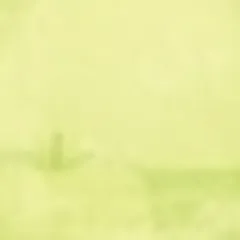
brine tofu 200g, 362 calories
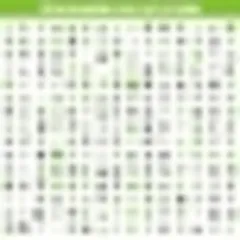
vermicelli 50g, 179 calories

wheat flour 100g, 349 calories
Excipients:

spring onion 2g, 1 card

ginger 3g, 1 card
Seasoning:

Moderate amount of salt

Zanthoxylum bungeanum powder 3g, 8 calories

chicken essence 3g, 6 calories

soy sauce 3g, 3 calories
Total calories: 326 calories-More calories check check the calories your body needs
Hot noodles and steamed dumplings-making steps
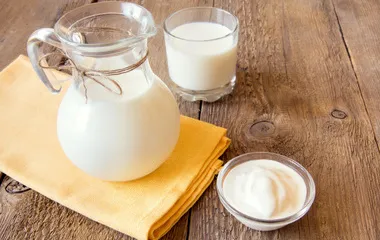
1 is ready
500g of white radish, 500g of brine tofu, 200g of vermicelli.

2 Making shredded radish
Slice white radish (about 1 cm). Then, put cold water into the pan and put the white radish into the pan. Open fire, turn on the pan, and cook until cooked over high heat (about 10 minutes). Use cold water to cool it thoroughly. Chop them into pieces and set aside.

3 Making minced tofu
Slice tofu (about 1.5 cm) and steam for 10 minutes. Leave to cool and chop.

4 Making sweet potato vermicelli powder
Soak the vermicelli in boiling water for 30 minutes (use steamed tofu water), remove, strain, and chop.
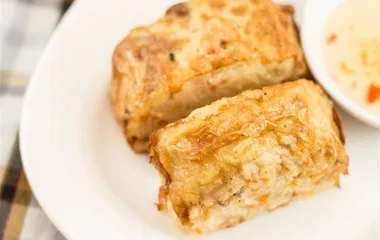
5 Making dumpling fillings
Put all the ingredients into a vessel, add chopped green onion, chopped ginger, pepper powder, appropriate amount of salt, chicken essence, soy sauce, and stir well.
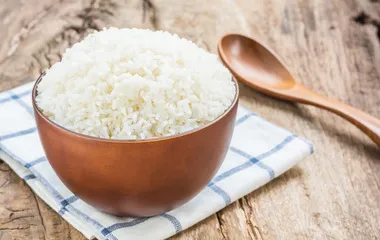
6. Face
Pour appropriate amount of freshly boiled water into the flour, stir evenly until cooked, and knead into a ball. (Remember, only use boiled water, not cold water)
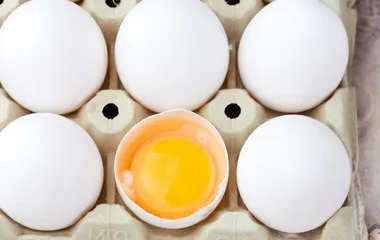
7 Making dumpling skins
Divide the dough into evenly sized dough balls, and use a rolling pin to press the dough balls into dumpling skins.

8 Make dumplings
Use the small tool for making dumplings, put in the prepared dumpling filling and start making dumplings.
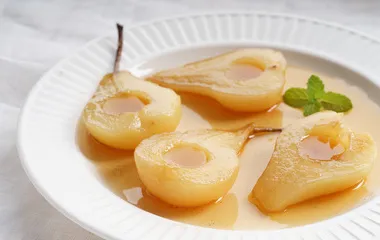
9 Completed
Put the wrapped dumplings on the drawer and steam them for 15 minutes, and the delicious steamed dumplings are out of the pot.
Show delicious food to win prizes, learn more and share it on my Weibo
This issue of nutrition consultant

Weight loss index: